AeroGenie — Your Intelligent Copilot.
Trending
Categories
Russian Official Calls for Increased Awareness of Fuel Risks
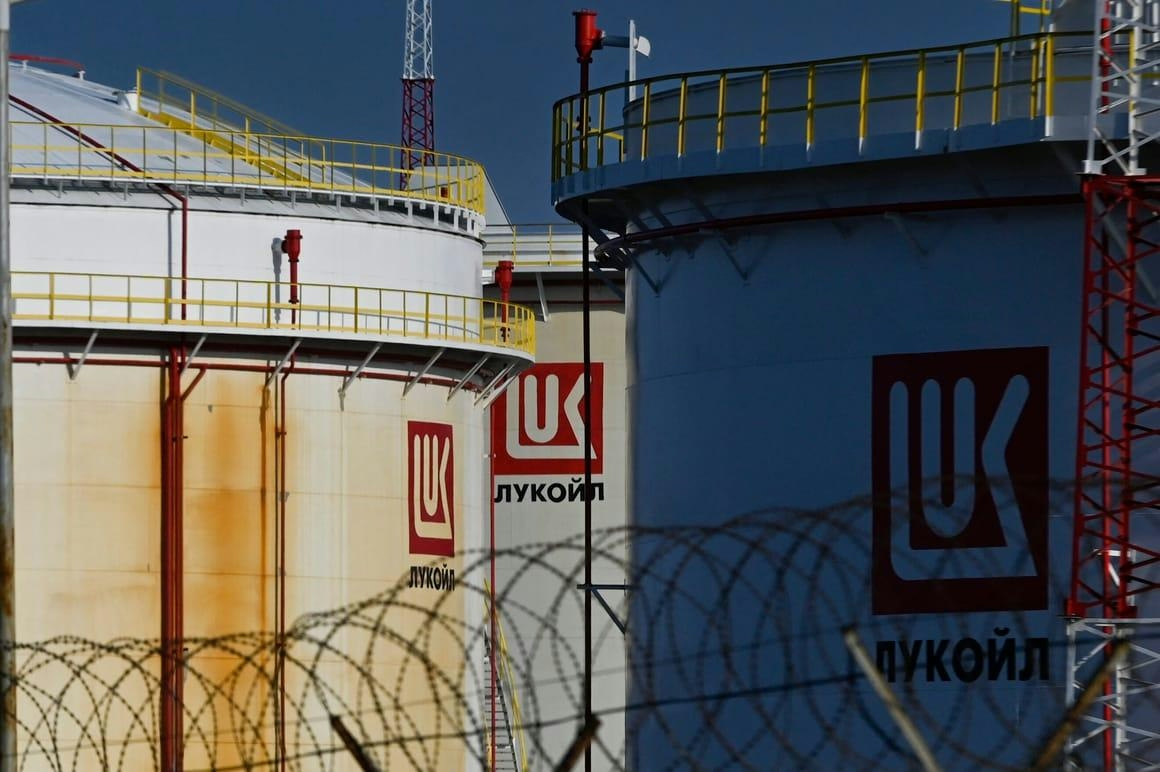
Russian Regulator Highlights Growing Risks of Aircraft Fuel Contamination
Rising Incidents Prompt Calls for Enhanced Vigilance
Russia’s federal air transport authority, Rosaviatsia, has issued a stern warning to aviation organizations regarding the increasing threat of aircraft fuel system contamination. In a bulletin released in June, the regulator underscored the serious risks posed by contaminants such as resin, impurities, and micro-organisms, which can cause critical malfunctions including fuel filter blockages. These technical issues have been linked to multiple incidents over the past two years, prompting calls for heightened vigilance across the industry.
Rosaviatsia detailed several notable cases to illustrate the severity of the problem. Among them were two separate events involving Red Wings Yakovlev Superjet 100 aircraft. The first incident occurred on 25 April last year when a Superjet departing Istanbul experienced a clogged filter alarm on its right-hand PowerJet SaM146 engine at 142 knots, followed shortly by a similar alarm on the left engine after takeoff. The flight crew was forced to return for an overweight landing. Subsequent fuel sample analysis revealed contaminants including high-sulphur impurities—likely originating from low-quality rubber components in ground refueling equipment—as well as paint-like particles and phosphorus compounds from hydraulic fluids. Each of these contaminants had the potential to obstruct the fuel filters on both engines.
A second event on 17 October involved another Superjet 100 that encountered sequential filter alarms on both engines during initial climb. Investigations found significant quantities of cotton and cellulose fibers in the fuel, while inspections of the filters uncovered gaps in epoxy resin joints, further compromising fuel system integrity.
Broader Contamination Issues and Market Challenges
Rosaviatsia also referenced an incident on 12 October involving a Ural Airlines Airbus A320, where the left-hand CFM56 engine experienced a speed reduction shortly after takeoff. The crew was compelled to shut down the engine and return to the airport. Investigators identified organic deposits from heavy hydrocarbons within the fuel-flow regulation system, which had bypassed the filters. Another case involved an Antonov An-24RV on 5 July 2023, where fuel-filter alarms for both engines activated during the takeoff roll, leading to an aborted departure at nearly 100 knots. The bulletin further noted that similar contamination problems have been detected in helicopters, indicating a widespread issue across different aircraft types.
These technical challenges are unfolding against a backdrop of broader difficulties in Russia’s aviation fuel sector. Market analysts have highlighted ongoing supply chain disruptions exacerbated by sustained increases in oil prices. The Russian ruble has experienced significant volatility and depreciation following European Union sanctions, adding further uncertainty to the fuel market. Meanwhile, industry competitors are adapting to global shifts; Gazprom Neft’s CEO recently observed that strategic reserve purchases by the United States and China may counterbalance any potential global oil surplus, thereby contributing to price stabilization.
Regulatory Response and Industry Implications
In response to these risks and market pressures, Rosaviatsia is urging aviation fuel providers to implement rigorous quality control measures. The regulator calls for continuous analysis and evaluation of potentially hazardous factors, alongside unscheduled inspections of filter elements at refueling facilities. Emphasizing the critical importance of maintaining stringent oversight, Rosaviatsia asserts that such measures are essential to safeguarding flight safety as the Russian aviation industry contends with both technical vulnerabilities and economic uncertainties.
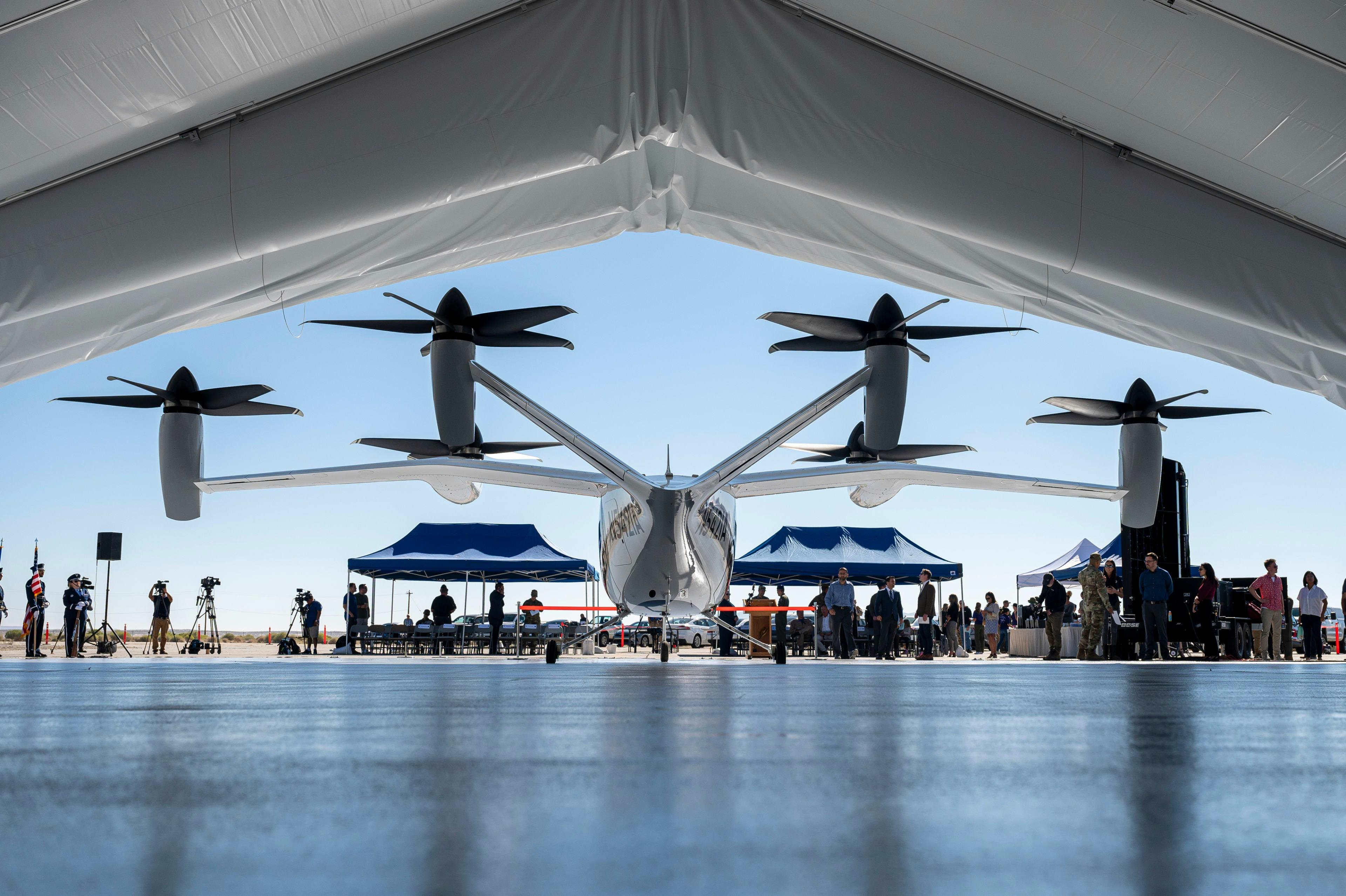
Cathie Wood Increases Investment in Air-Taxi Stocks
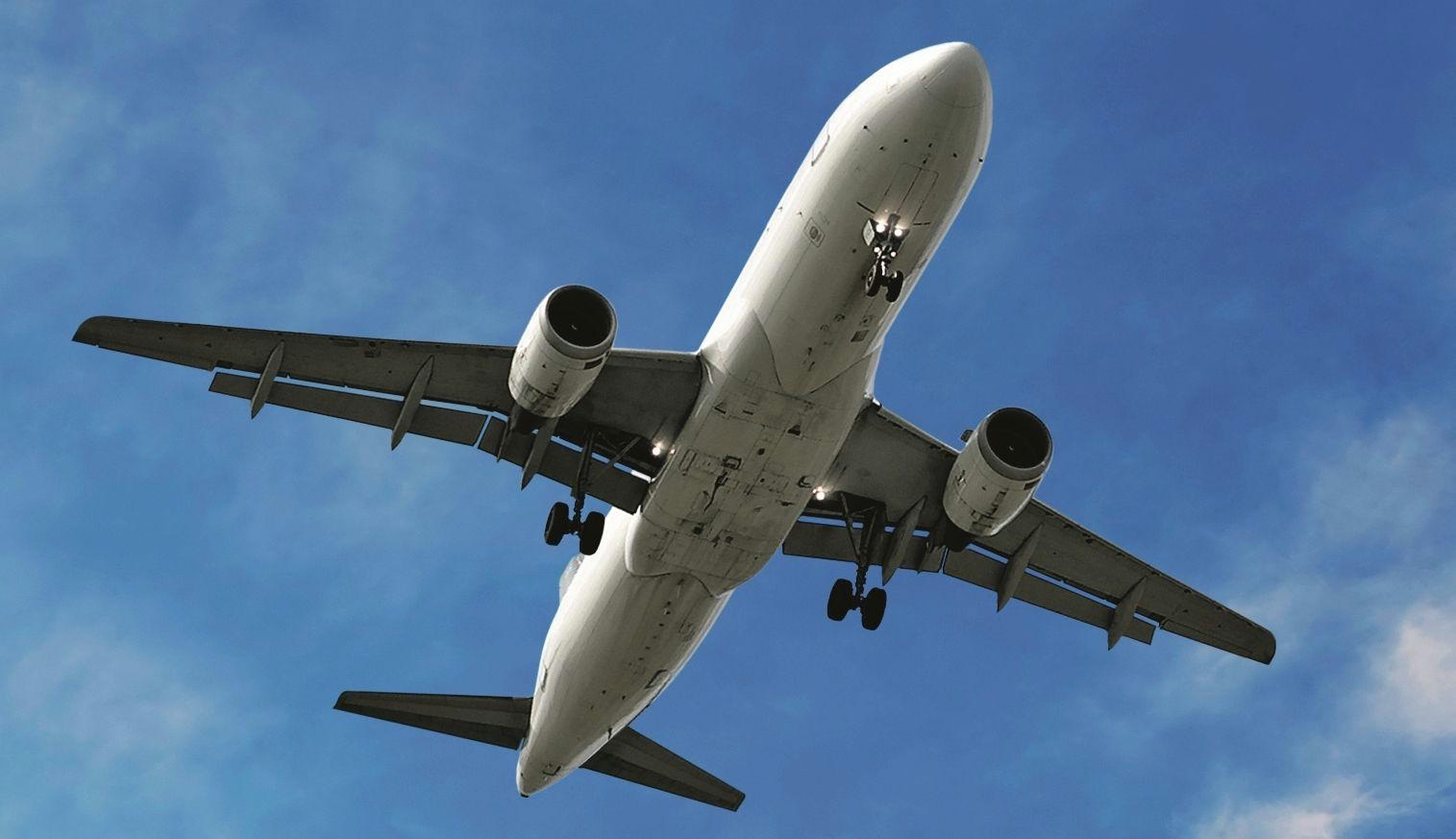
Airlines Face Fundamental Technology Challenges, Not Just AI Issues
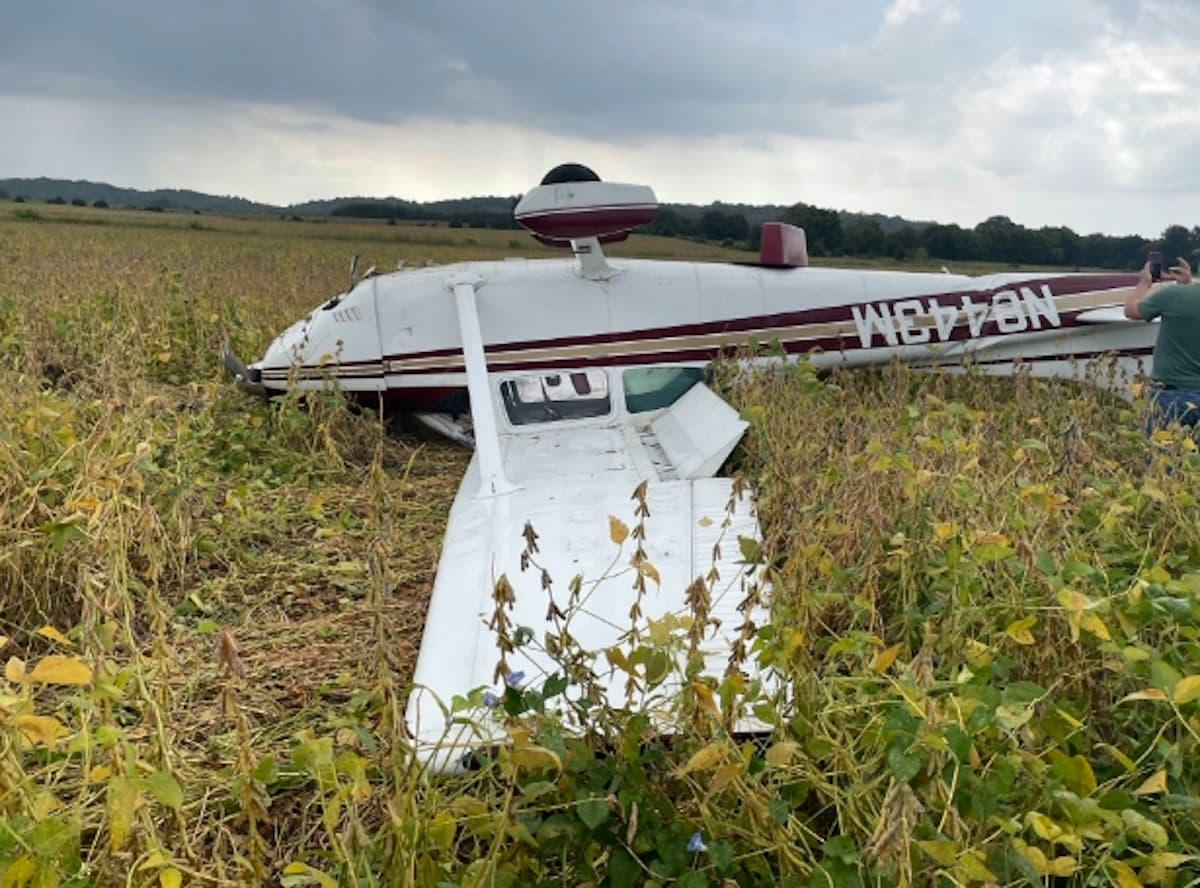
Crankshaft Fatigue Causes Emergency Landing

Embraer Integrates AI-Based Counter-Drone System into A-29 Super Tucano
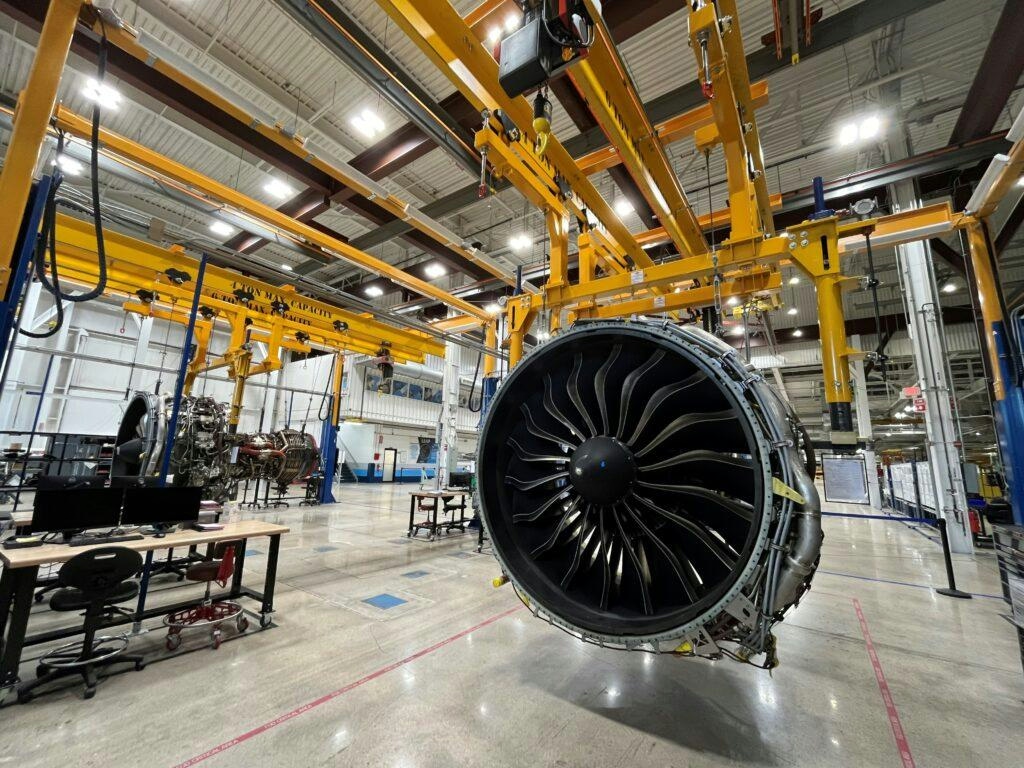
Standardaero and Avilease Sign Agreement for LEAP and CFM56-7B MRO Services
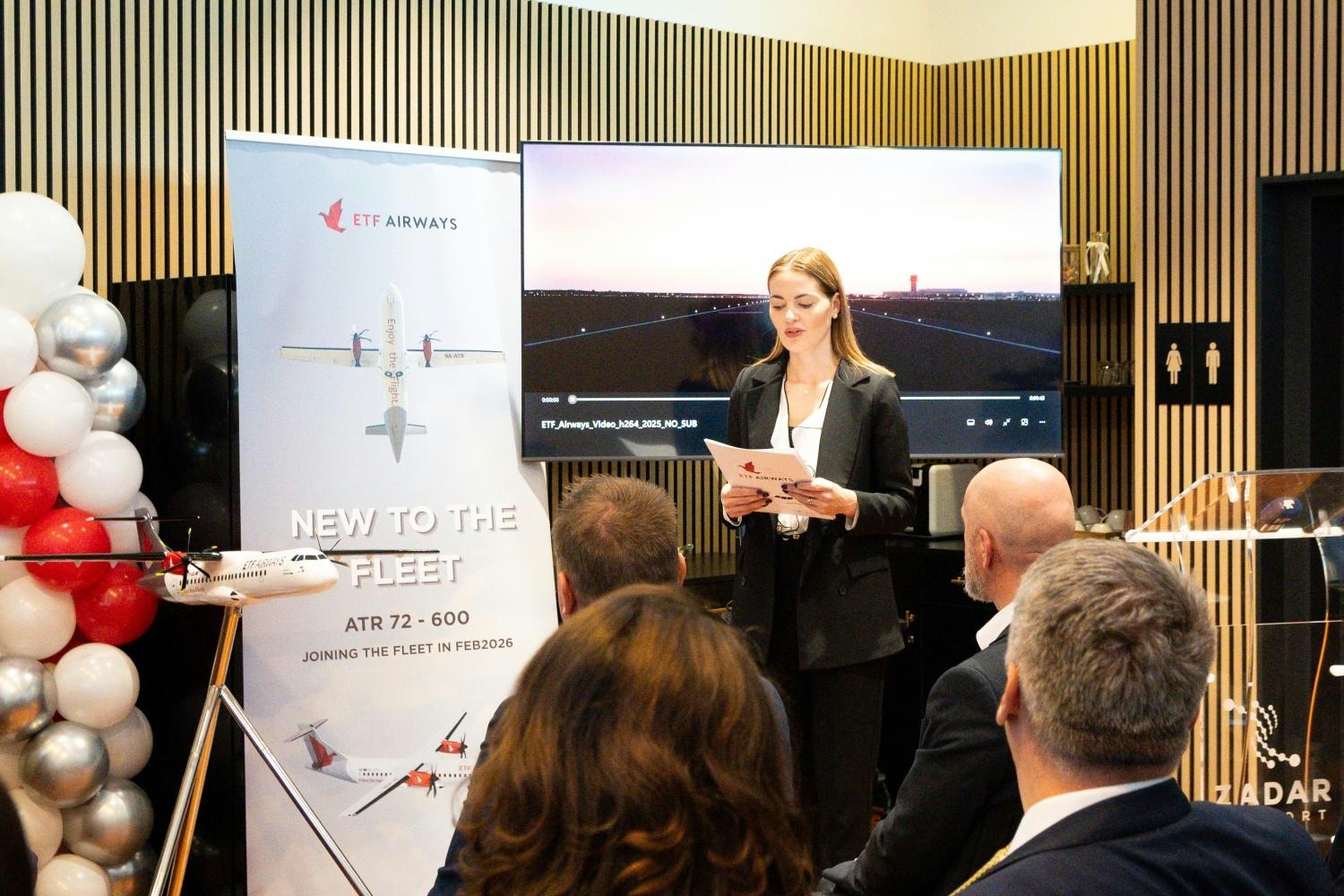
ETF Airways to Receive First ATR Aircraft
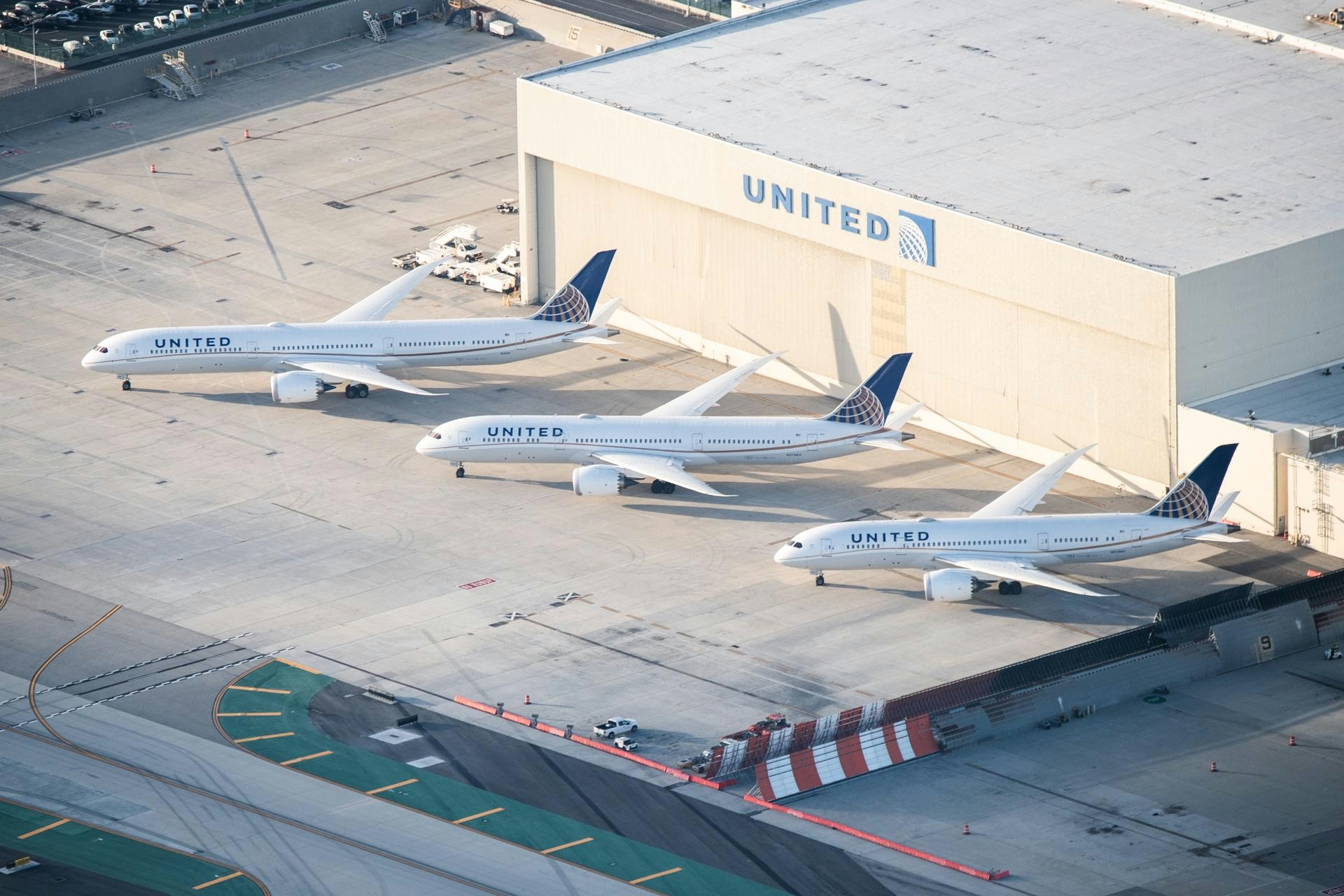
Range Comparison Between Boeing 787-9 and 787-10 Dreamliner
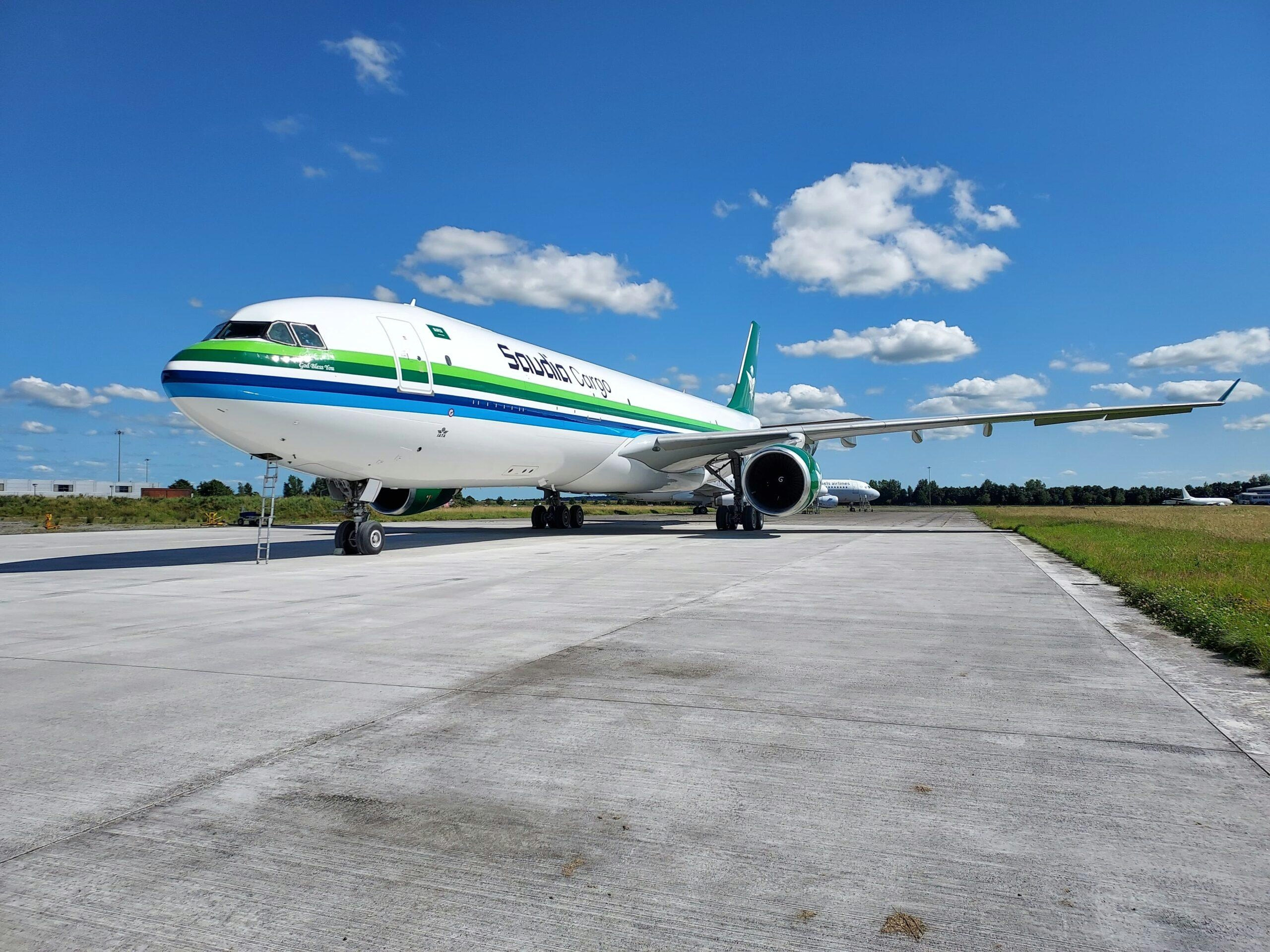
AJW Group Renews Partnership with ASL Aviation to Support A330ceo Fleet
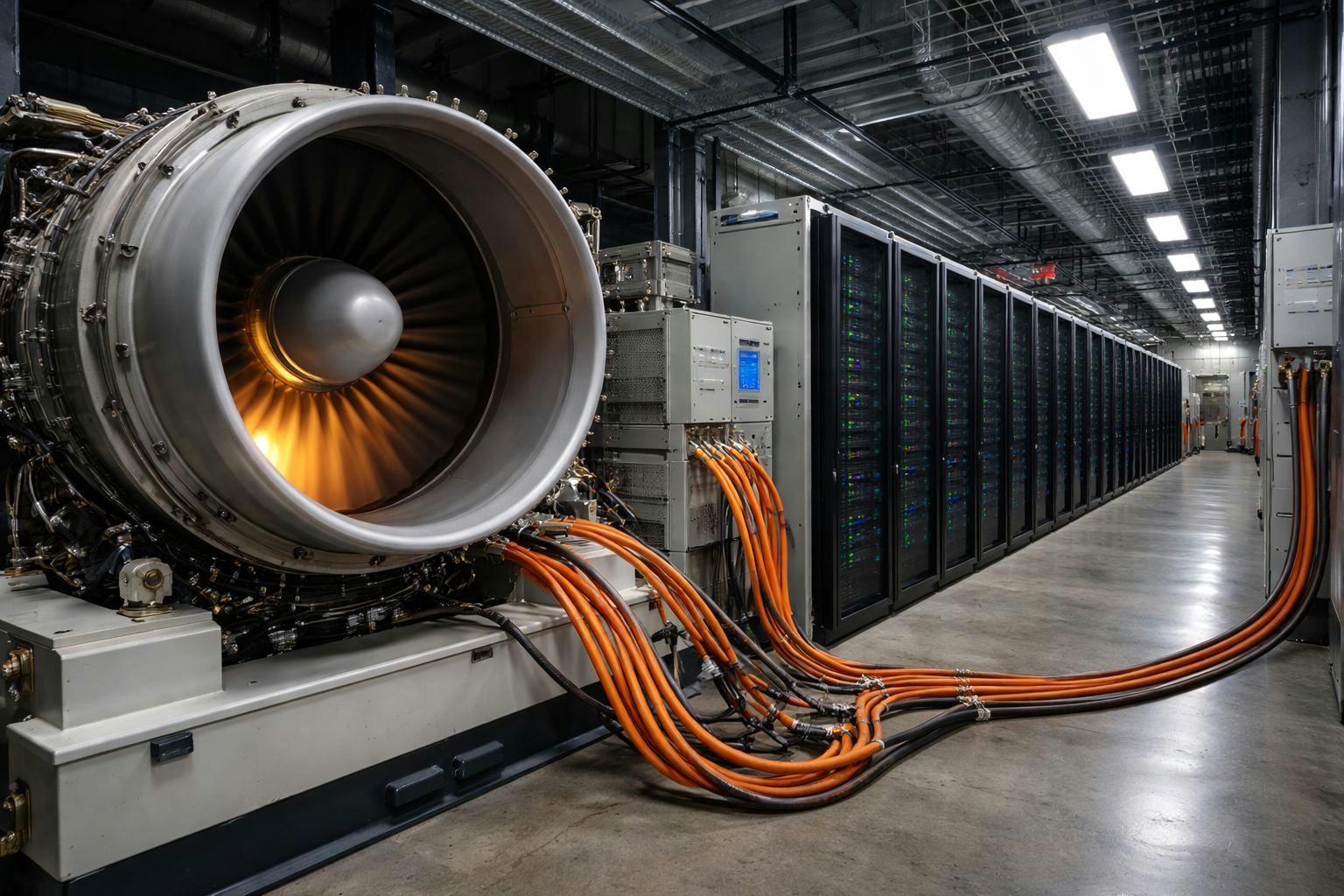
Could AI Cause a Jet Engine Shortage Similar to the Chip Crisis?

Joint Statement from UK Space Agency, MHRA, Regulatory Innovation Office, and Civil Aviation Authority
